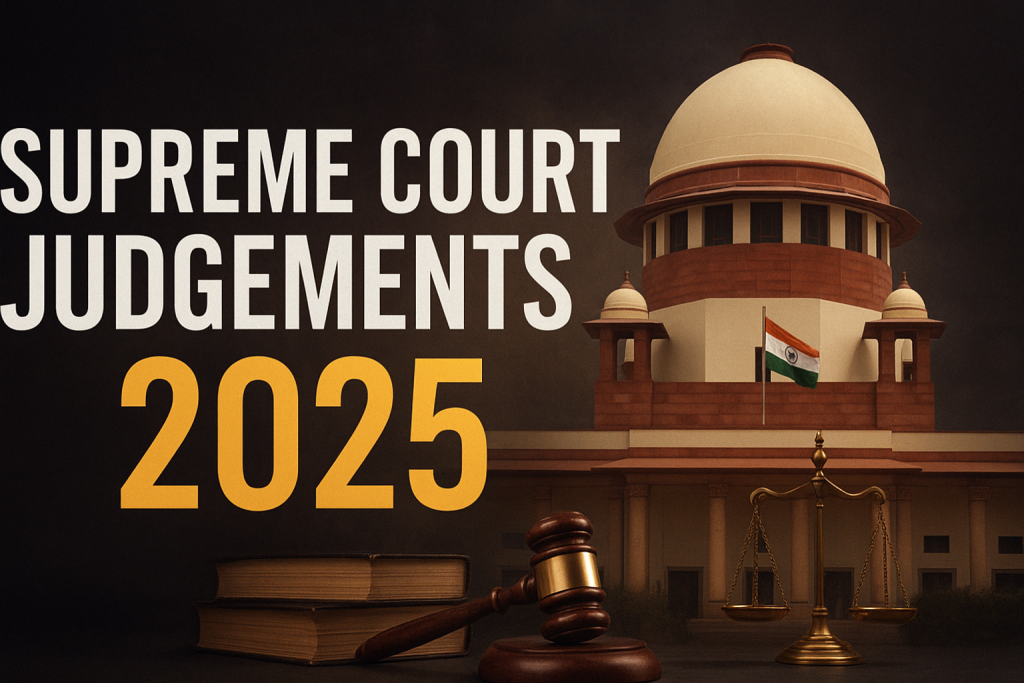Case Title: R. RAJENDRAN VERSUS KAMAR NISHA AND OTHERS 2025
Hon’ble Judges: Justice Prashant Kumar Mishra and Justice Vipul M Pancholi.
In a landmark ruling, the Supreme Court has determined that ordering a DNA test to establish paternity during a criminal investigation is not automatically justified. When the question of paternity has no significant connection to the offense under investigation, compelling such a test may constitute an unreasonable intrusion into the rights of both the individual and the child.
The case arose from a complaint in which the respondent alleged that her child, born in 2007, was fathered by the appellant, a doctor, while she was still married to another man. Following public allegations reported on television, a First Information Report (FIR) was filed against the appellant under Sections 417 and 420 of the Indian Penal Code, as well as relevant state legislation for harassment. During the investigation, the police sought a DNA test for the appellant, the respondent, and the child, to which the appellant refused. A division bench of the Madras High Court ordered the DNA test, but the Supreme Court has now overturned that decision.
In its analysis, the Court emphasized the statutory presumption of legitimacy established under Section 112 of the Indian Evidence Act. This section provides “conclusive proof” of the legitimacy of a child born during a valid marriage, unless strong and unambiguous evidence demonstrates that the spouses had no access to each other at the relevant time. The Court ruled that this presumption cannot be easily dismissed.
The Court also identified a two-pronged threshold that must be met before directing compulsory DNA testing: (i) the evidence must indicate that proceeding without the test is impossible, and (ii) the balance of interests—including those of the child and the alleged father—must favor such an intrusion. The Court found that in this case, these conditions were not satisfied. There was no evidence proving that the husband had no access to the wife during the relevant time, and ordering a DNA test would intrude upon the dignity and privacy rights of both the child and the doctor.
Importantly, the Court held that for a DNA test order to be valid in the context of a criminal investigation, the paternity question must have a direct and demonstrable connection to the offense under investigation. In this case, the alleged offenses (cheating and harassment) did not require proof of paternity; therefore, ordering a test was unwarranted. The Court noted that Sections 53 and 53A of the Code of Criminal Procedure, which permit medical examinations in certain criminal cases, were misapplied by the High Court.
Conclusion: The Supreme Court allowed the appeal, quashed the order for DNA testing, and reaffirmed that DNA tests cannot be used as a routine investigative tool or for speculative “fishing expeditions.” This decision reinforces the protection of the right to privacy and recognizes the legal legitimacy of children born within a marriage.



